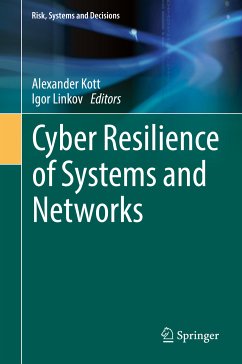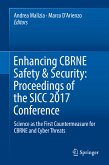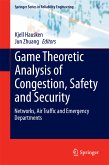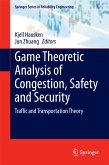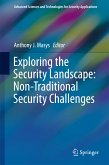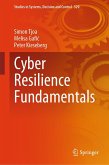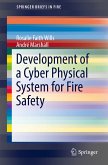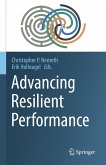This book introduces fundamental concepts of cyber resilience, drawing expertise from academia, industry, and government. Resilience is defined as the ability to recover from or easily adjust to shocks and stresses. Unlike the concept of security - which is often and incorrectly conflated with resilience -- resilience refers to the system's ability to recover or regenerate its performance after an unexpected impact produces a degradation in its performance. A clear understanding of distinction between security, risk and resilience is important for developing appropriate management of cyber threats.
The book presents insightful discussion of the most current technical issues in cyber resilience, along with relevant methods and procedures. Practical aspects of current cyber resilience practices and techniques are described as they are now, and as they are likely to remain in the near term.
The bulk of the material is presented in the book in a way that is easily accessible to non-specialists. Logical, consistent, and continuous discourse covering all key topics relevant to the field will be of use as teaching material as well as source of emerging scholarship in the field. A typical chapter provides introductory, tutorial-like material, detailed examples, in-depth elaboration of a selected technical approach, and a concise summary of key ideas.
Dieser Download kann aus rechtlichen Gründen nur mit Rechnungsadresse in A, B, BG, CY, CZ, D, DK, EW, E, FIN, F, GR, HR, H, IRL, I, LT, L, LR, M, NL, PL, P, R, S, SLO, SK ausgeliefert werden.

